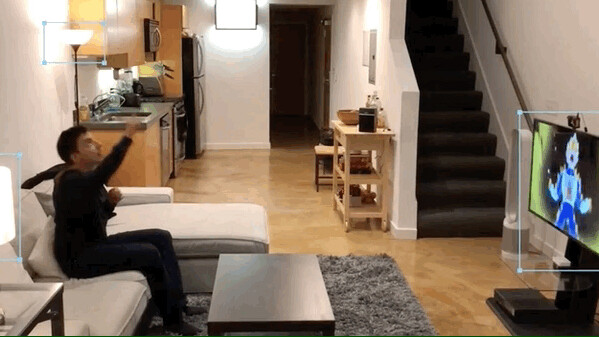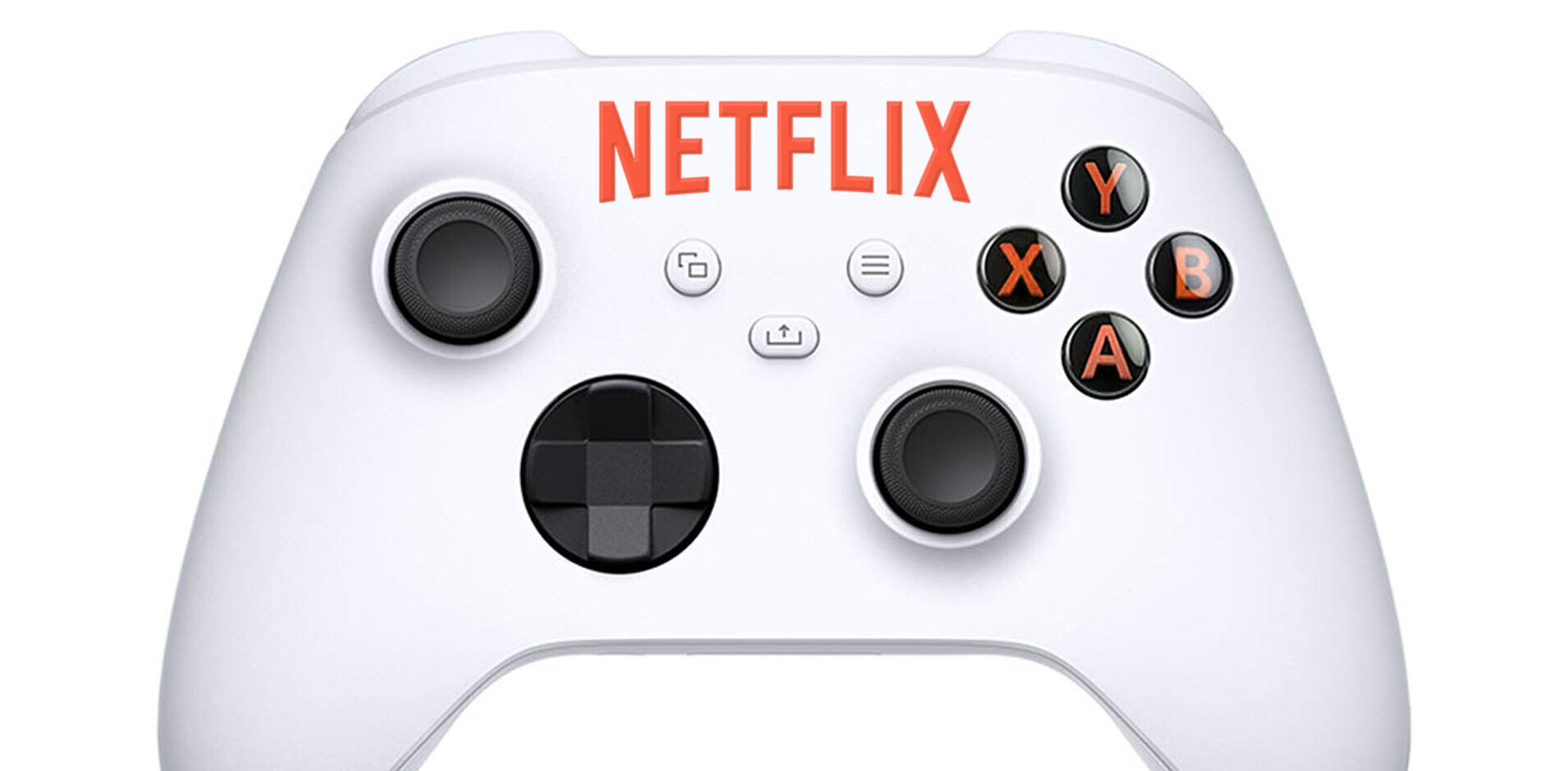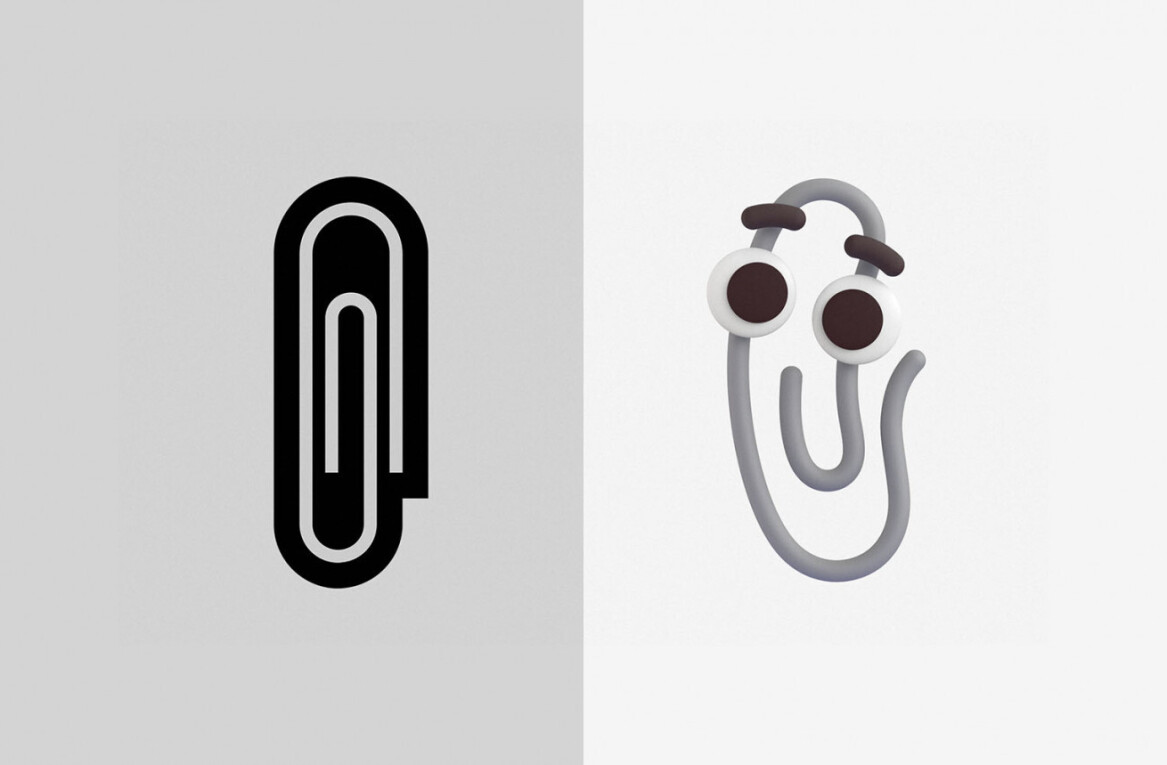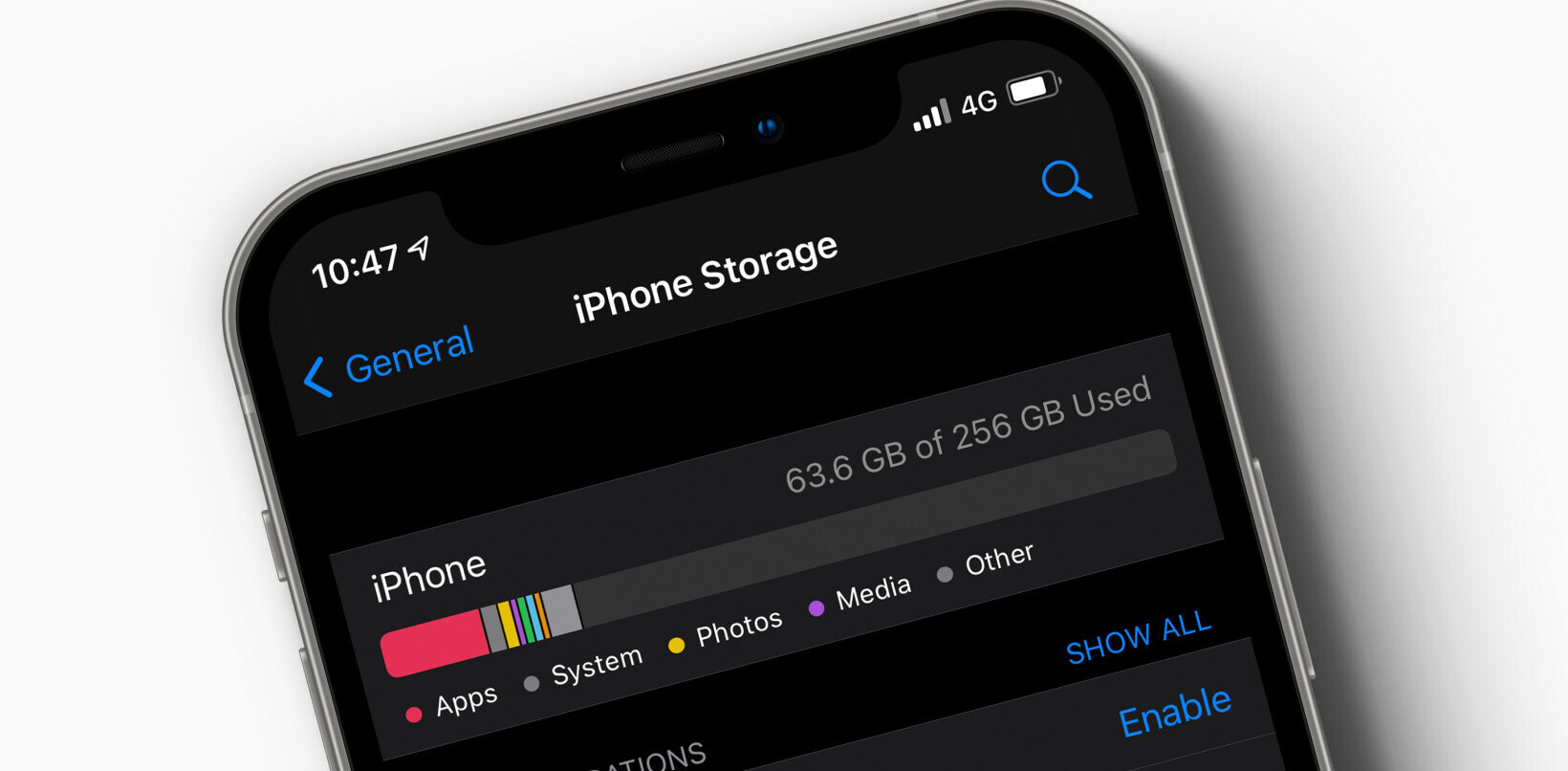
Before we’re even fully used to having voice assistants listening for commands around the house, Piccolo is keen on taking things a lot further: using cameras that watch for gestures and controlling your connected appliances, lights, and gadgets so you don’t have to.
Essentially, the San Francisco-based firm is looking to create the world’s first vision assistant, by combining Wi-Fi-equipped cameras, AI, and computer vision tech that can identify specific people and their movements and Minority Report-style gestures – negating the need to whip out your phone or call out to Alexa, Google Home, or Siri for when you need to turn on the TV or turn down the volume on your speakers.
Let’s address the scary stuff first: we’re talking about putting more cameras into our most intimate spaces, connecting them to the internet, and leaving them on all day – for the sake of convenience. That’d make Piccolo a target for hackers, and put your privacy at risk.
It’s certainly not the first company to want customers to place cameras indoors, but most of the others, like Nest and Lighthouse, are aiming to make your home more secure by keeping an eye on things. They’re similarly susceptible to breaches and cyberattacks – but the question now boils down to what you’re willing to risk your privacy for.
Now, if you’re okay with that, Piccolo might have more interesting uses than just being a more elegant clap on/off switch: the company envisions its system looking out for elderly users who might have trouble getting back up after taking a tumble, and tailoring your Netflix recommendations to the specific people who are on the couch, rather than just defaulting to the last profile someone logged into at your house.
There’s also the question of accuracy. Even after years, today’s AI-powered assistants aren’t great at recognizing commands and answering simple questions. Add the complexities of computer vision into the mix, and you have yourself a recipe for potential disaster of significantly greater proportion. Getting to the point where ‘it just works’ seems to be awfully difficult in this domain, even for companies with plenty of money, data, and smarts. I can’t imagine it being easier for smaller outfits.
The startup is still in the early stages of building out its product, as well as the platform which will connect to various devices – so it might be a while before we have skeletal tracking cameras in our living rooms. But it’d certainly be interesting to see if a small firm can lead the charge in taking the next step in home automation before large corporations start calling the shots – and hopefully, get it right.
Via TechCrunch
TNW’s 2018 conference is just a few months away, and we want to talk about advancements in AI and machine learning. Find out about dedicated track here.
Get the TNW newsletter
Get the most important tech news in your inbox each week.





